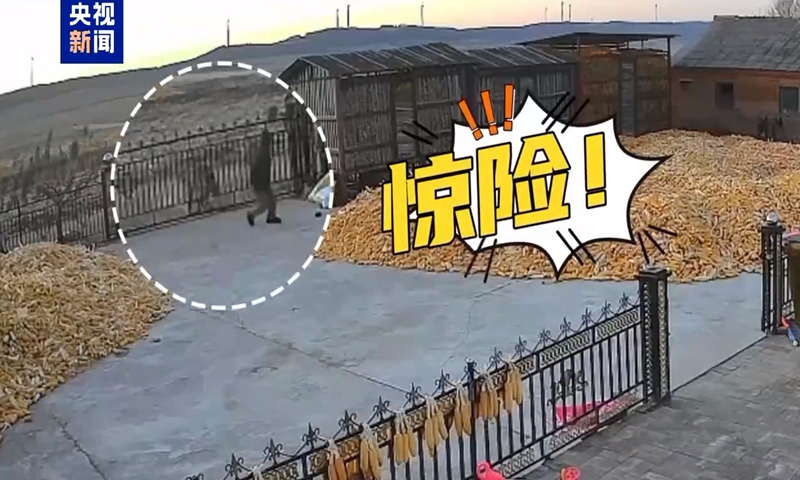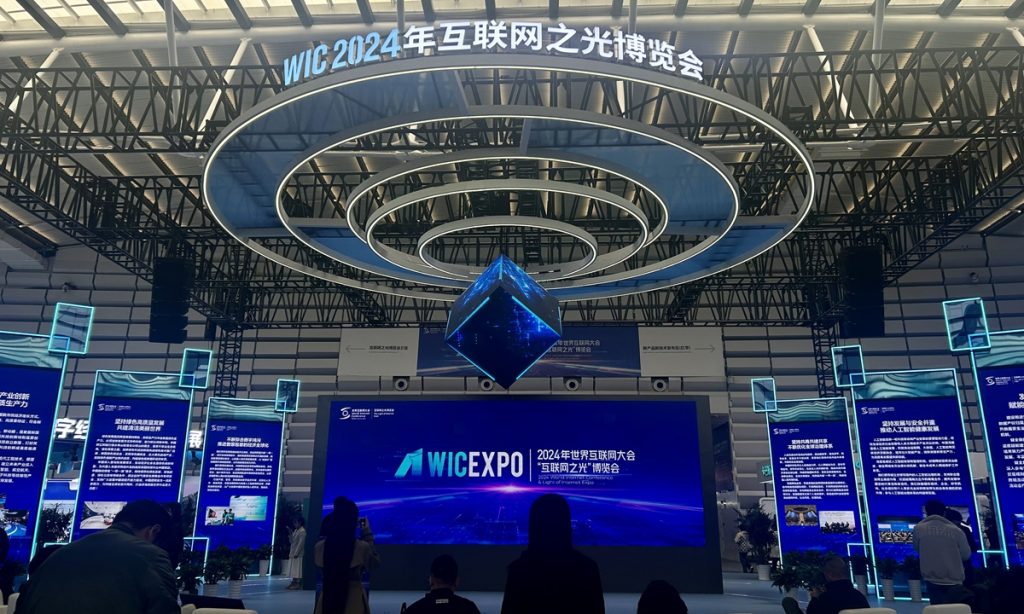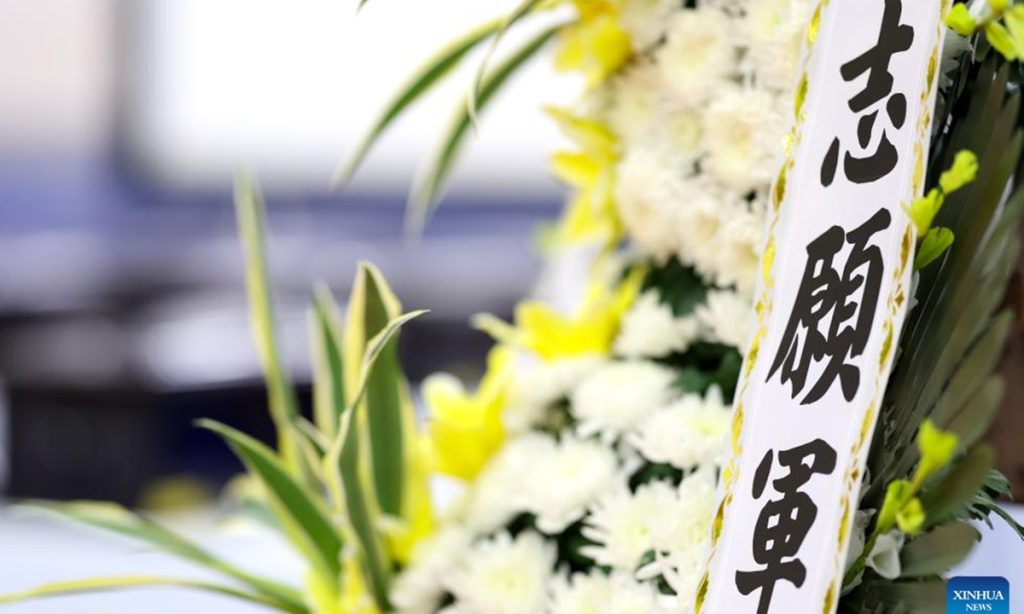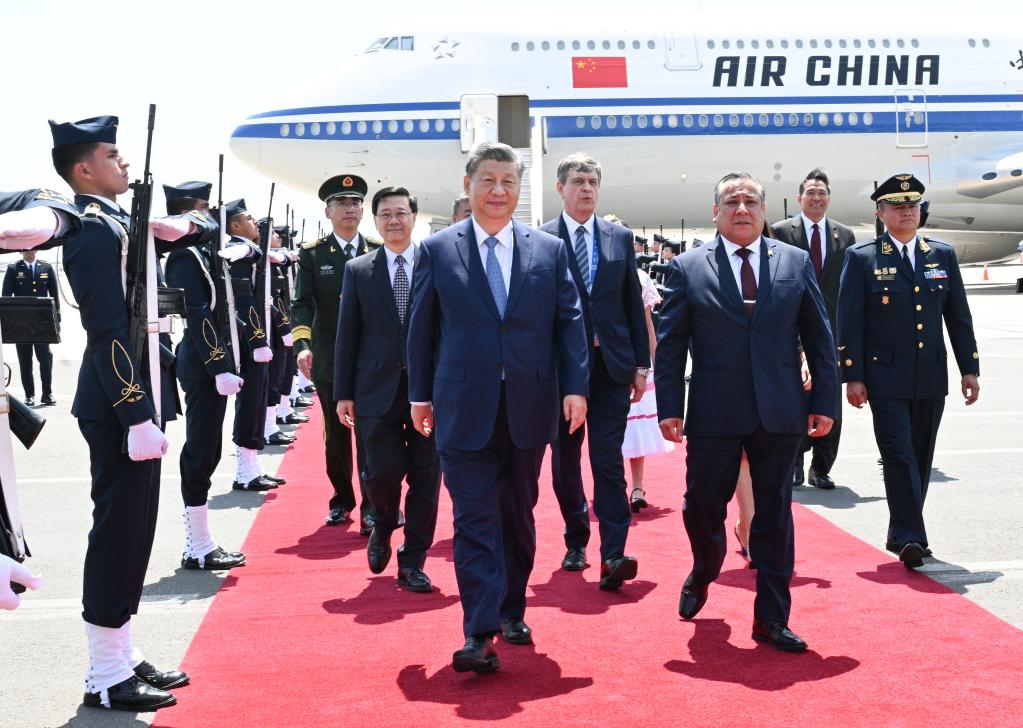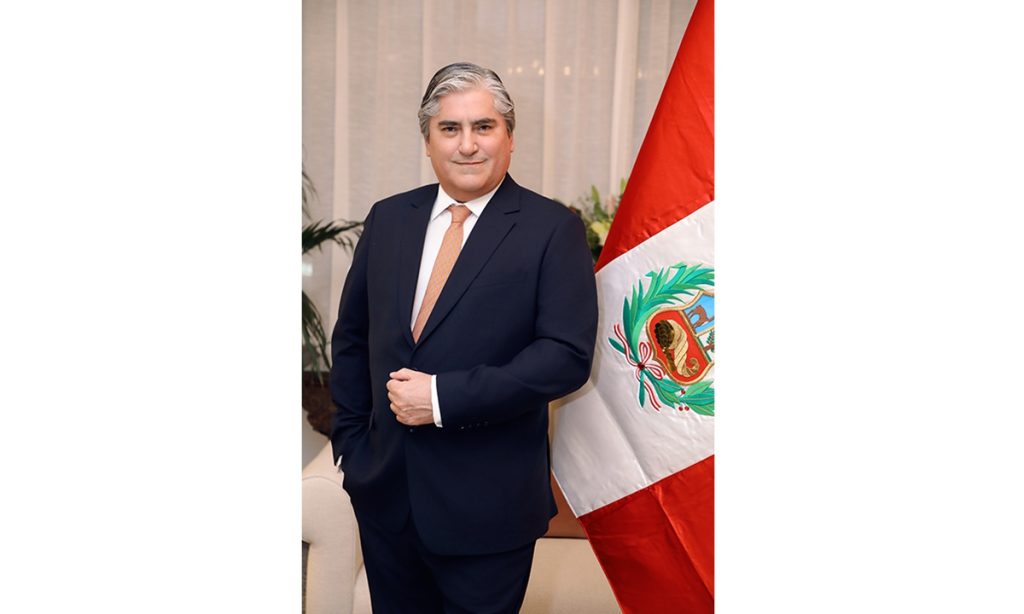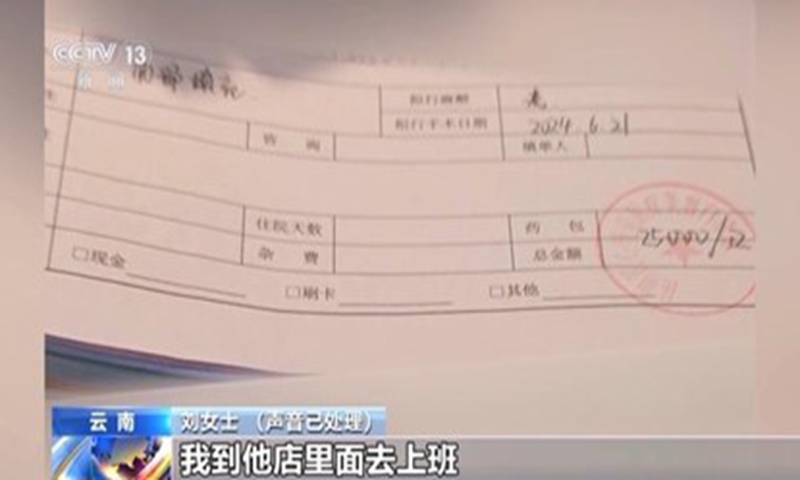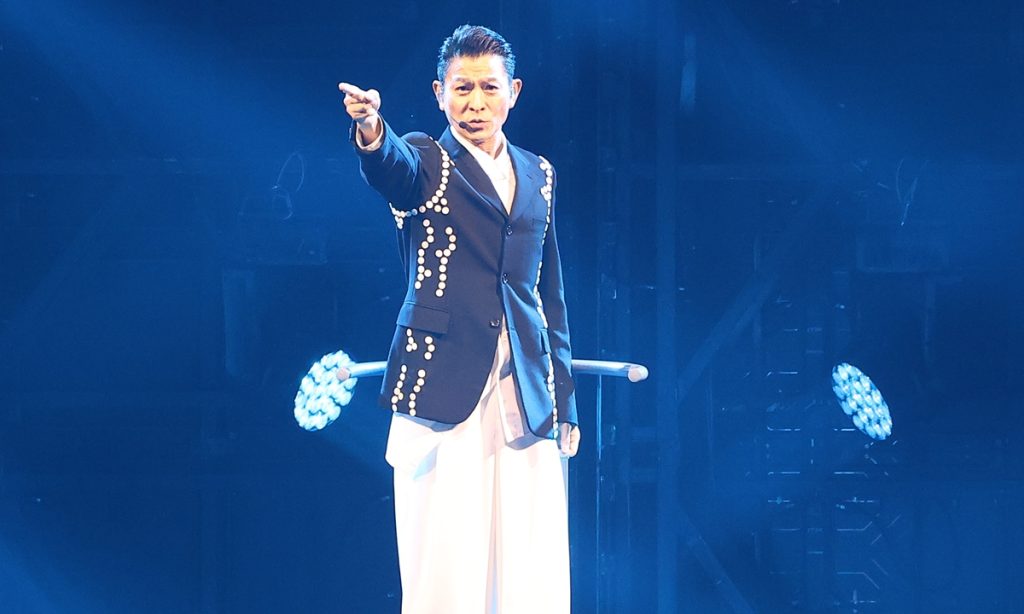Nepal's Prime Minister, Cambodia's Senate President, German Foreign Minister to visit China on Monday
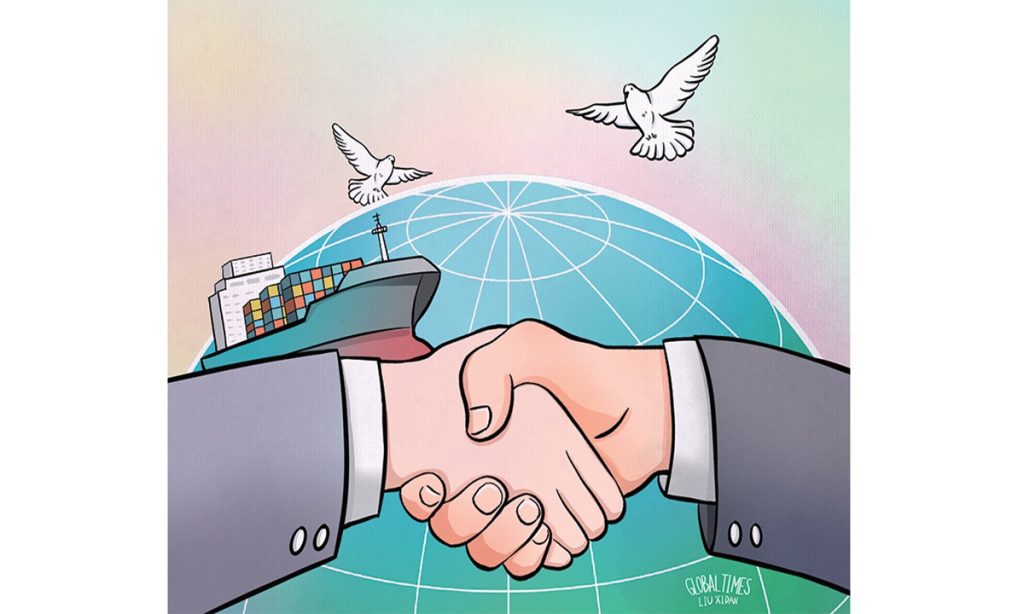
Leaders from multiple countries are scheduled to visit China on Monday, including Nepal's Prime Minister KP Sharma Oli, Cambodian People's Party (CPP) President and Senate President Samdech Techo Hun Sen and German Foreign Minister Annalena Baerbock.
At the invitation of Premier of the State Council Li Qiang, Prime Minister of Nepal KP Sharma Oli will pay an official visit to China from December 2 to 5, the Ministry of Foreign Affairs announced.
According to The Rising Nepal, a Nepalese government-owned daily newspaper, prior to the visit, senior leaders of the ruling parties - CPN (UML) and Nepali Congress and the two-party mechanism are intensively engaging in discussions on various agendas, including discussions on the Belt and Road Initiative.
The Prime Minister instructed delegates to play an active role to deepen bilateral relations. "Our visit to China will be successful. We will strive our best to make it remarkable," Oli said, adding that will be on "strengthening the friendly relations persisting between the two countries."
According to the newspaper, Oli will make an address at Peking University as well as at the Nepal-China Business Forum.
The India Express reported that after assuming the post of prime minister for the fourth time in July this year, Oli has chosen to visit China for his maiden foreign visit, breaking the tradition of visiting India as the first destination.
It can be said that Oli's choice to visit China first rather than India is "not unexpected, but rather a reflection of the increasing policy choices of South Asian countries," Lin Minwang, a deputy director of the Center for South Asian Studies at Fudan University, told the Global Times on Sunday. For example, after coming to power, Maldives President Mohamed Muizzu also chose to visit China first instead of India, and other South Asian countries are actively developing relations with China. "This reflects changes in Nepal's domestic politics and its policy toward China," Lin said.
Meanwhile, Cambodian People's Party (CPP) President and Senate President Samdech Techo Hun Sen will pay an official goodwill visit to China from December 2 to 4.
This will be Hun Sen's first visit to China as President of the Senate and since he stepped down as Cambodia's prime minister in July 2023.
"As Cambodia-China People-to-People Exchange Year comes closer, the first visit to China by [Hun Sen], as President of the Senate, will add a new momentum in strengthening the ironclad friendship, promoting cooperation and partnerships. This visit will enhance cooperation and new partnerships, uplifting Cambodia-China relations and people-to-people connection," according to a press release by the Cambodian Ministry of Foreign Affairs and International Cooperation.
German Foreign Minister Annalena Baerbock is also scheduled to visit China from December 2 to 3 at the invitation of Chinese Foreign Minister Wang Yi, the Chinese Foreign Ministry announced on Friday.
During the visit, Wang and Baerbock will co-chair the seventh round of the China-Germany Strategic Dialogue on Diplomacy and Security, the ministry said in a notice.
Chinese experts believe issues on Baerbock's agenda are likely to include electric vehicles and related manufacturing issues.
"With the uncertainties in the US, countries like Germany are trying to find a balance between China and the US," said Wang Yiwei, a professor at the Renmin University of China in Beijing. "By rekindling cooperation during her visit, Baerbock aims to solidify Germany's traditional trade advantages and counteract the US' potential economic bullying," Wang told the Global Times on Sunday.
In multilateral international organizations such as the World Health Organization and the World Trade Organization, Germany needs support and collaboration from China to address new global challenges in health and trade, Wang said. The visit to China is a way to "lay the groundwork" in advance, aiming to gain China's support for future multilateral agendas and jointly promote innovations in global governance, he noted.
